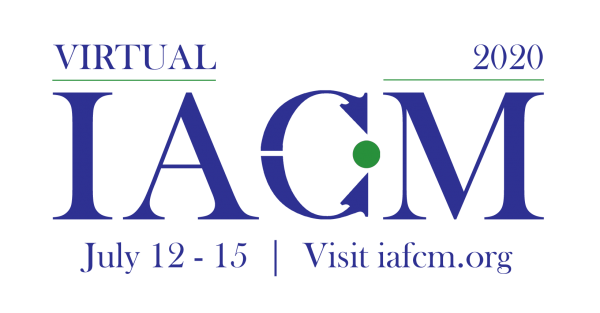IACM 2020 Abstract Book »
Measuring Sustainable Peace: Challenges and Opportunities
The need to promote sustainably peaceful societies continues to be a key objective of policymakers around the world. Scientific research should play a crucial role in this process, but our understanding of peace is limited by the fact that most research continues to emphasize peacebuilding and peacekeeping in the context of conflict. The Sustaining Peace Model responds to this challenge by using lessons from complexity science to articulate how a larger system of factors and processes interact to create peace. This theoretical model raises questions around how to measure this emergent conceptualization of peace. Using existing data from various datasets, we use multilevel statistical modeling to analyze data from 163 countries over 12 years to explore the relationships of the key factors outlined in the model. Results highlight the challenges and opportunities in measuring peace from this perspective, prompting discussion around what is needed to more accurately measure sustainable peace.
